Fulbright TEA Program Brings International Teachers Together to Share Pedagogical Methods from 19 Countries
April 6, 2023
For six weeks, laughter and snatches of conversation in foreign languages drifted out of a room on the corner of the fourth floor of the Bradshaw Library. Anyone who chose to take a closer look would likely be surprised at what they found—not students joking around—but a tight-knit group of educators from across the globe discussing teaching strategies and technologies.
From the beginning of Feb. until the middle of March, Southwest Florida was home to 20 teachers from 19 different countries.
Hosted by the FGCU Center for the Study of Race, Gender, Ethnicity and Culture and sponsored by the U.S. Department of State, and administered by IREX, the Fulbright Teaching Excellence and Achievement Program (TEA) brought secondary teachers from a variety of member countries to the United States for a series of seminars and interactive experiences centering best practices in education.
Participants of the program had the opportunity to sit in and teach in local high school classrooms, and exchange pedagogical philosophies with fellow secondary teachers.
FGCU is one of only three schools in the country to host the Fulbright TEA Program this year, participating along with the University of Massachusetts and California State University.
For the fellows at the core of the program, the experience was life changing.
“This was the best experience of my life, not only in my professional life, but in the cultural exchange… this program was a renewal. It created new insights into the way I view pedagogy,” Sergio Aldemar Hurtado Torres, a Fulbright fellow from Colombia, said.
This is the second year FGCU has hosted the program, and for many of the teachers, the first time they had ever been out of their home countries.
In addition to the program’s primary focus on the exchange of education practices, the Fulbright TEA program also centers around immersion in U.S. culture – and for many participants, their experiences with American culture were distinctly positive.
“I’ve been surprised by the politeness of Americans, and amazed by the organization of the program,” Emmanuel Mzembe, a Fulbright fellow from Malawi, said. “Not everything can go perfect, but you can try as hard as possible. American people value time so much, if they say an event will start at 7, it will start at 7 o’clock! Time is one of the greatest resources we should all respect.”
Many others in the program echoed Mzembe’s sentiments, surprised at the punctuality and organization they found in America. However, the primary aspect of American culture prized by fellows was the diversity that they found – both in the U.S. as a whole, and in the program.
Fulbright fellow Gabby Arguedas from Costa Rica says that her favorite part of the program was her colleagues.
“It doesn’t matter how different we are, how different we think, we all feel the same. We try to develop this rapport among us, not just friendship but knowledge and learning of culture,” Arguedas said. “You break those barriers with them, the edges are not as choppy anymore. Now I am able to understand their point of view.”
Carl Burnside, the principal of Dunbar High School, a partner school for the program, welcomed the Fulbright fellows for that very reason.
“My school is very multicultural. Over the past two years, being a part of the program has been powerful for the students,” Burnside said. “When it comes down to it, the most important element of learning is learning about people.”
Although the participants of the program have made their way back to their home countries, the impact of the program continues on. The Fulbright fellows intend to share what they’ve gained with their own communities, and implement new strategies in their own classrooms.
“This journey doesn’t end here. I have no doubt that each and every fellow will go on to achieve great things in our countries. Remember that we are Eagle family!” Krissia Jeannette Diaz Rivas, a Fulbright fellow from El Salvador, said at the closing ceremony for the program.
































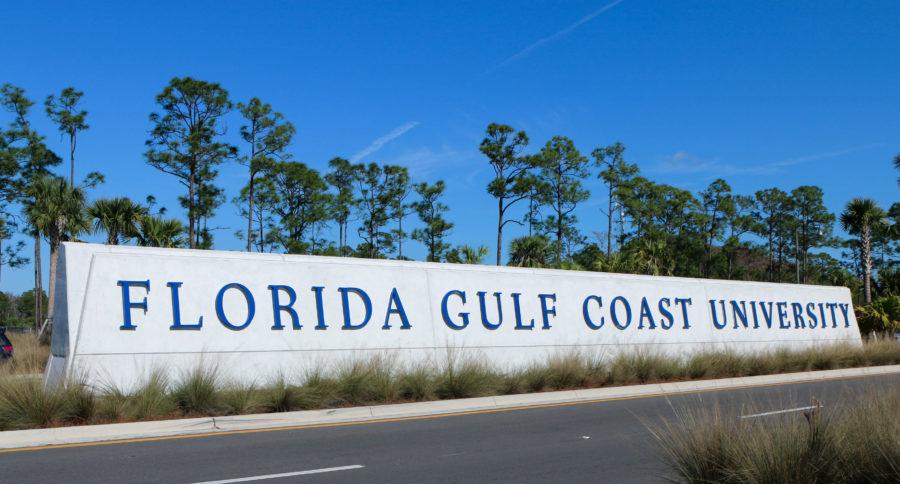


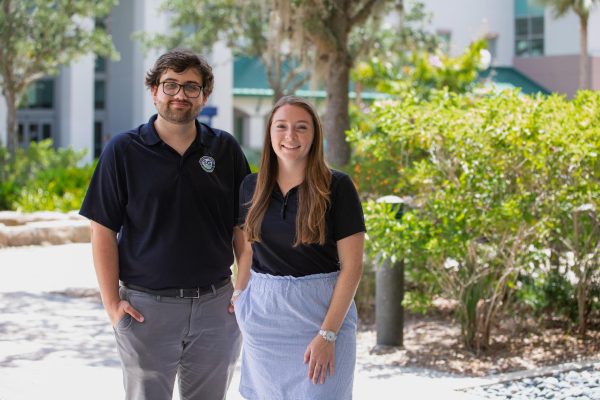
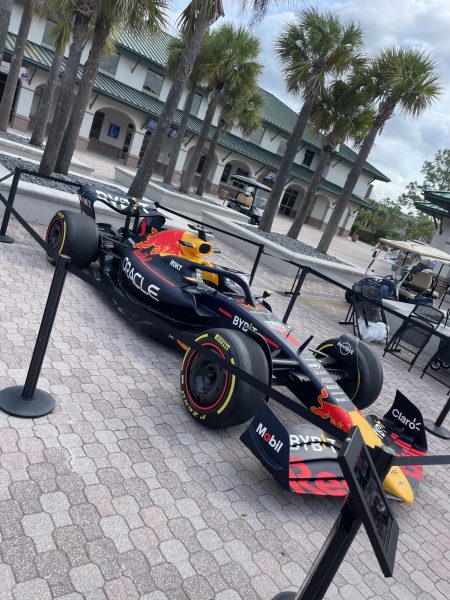
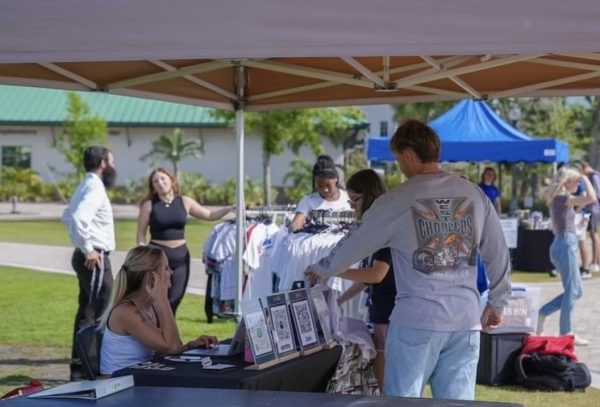
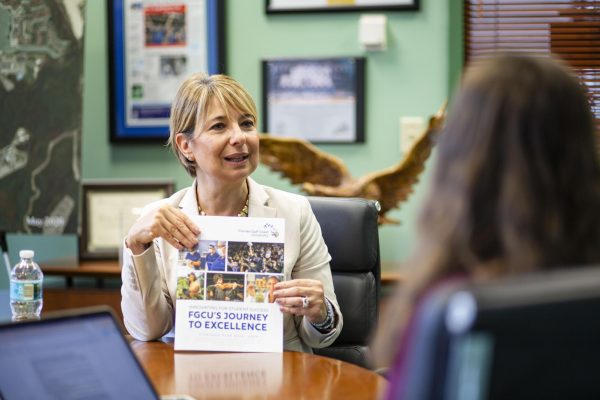
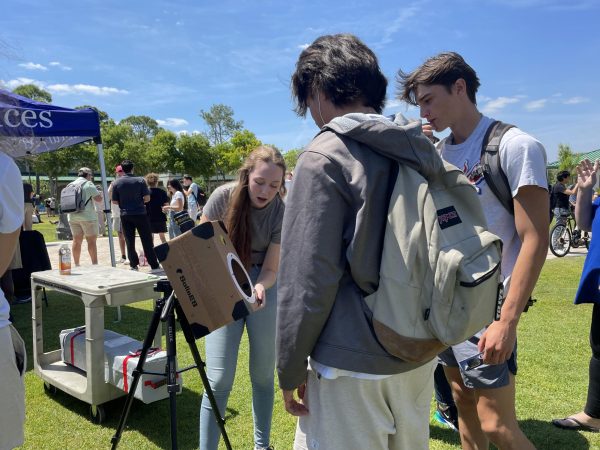
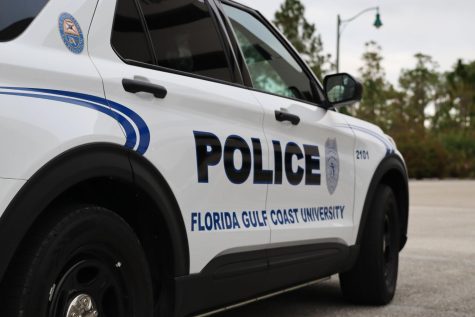
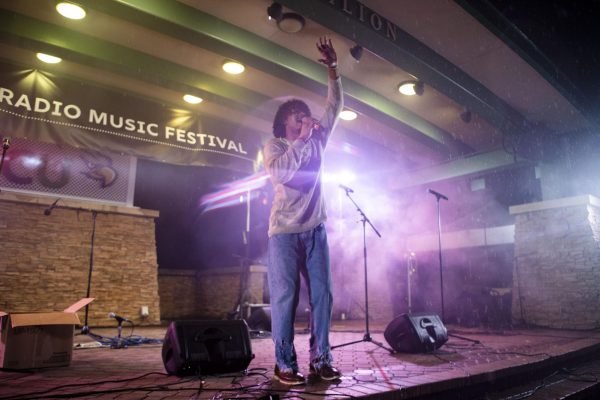
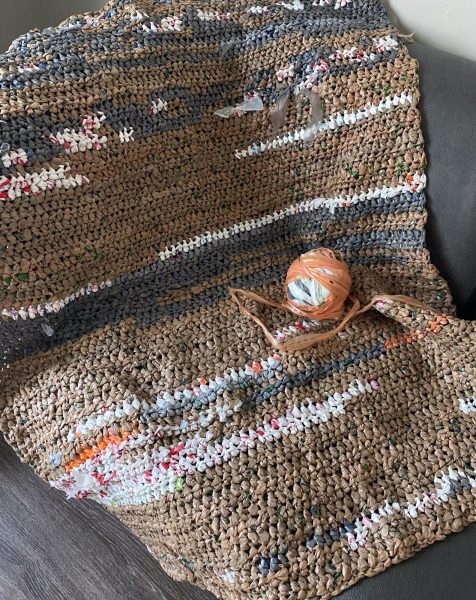
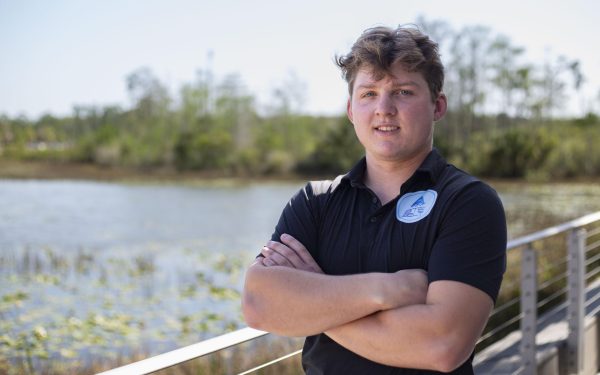
Gabby Arguedas • Apr 18, 2023 at 1:16 pm
Hi. I really appreciate you took the time to tell the FGCU how we felt. You university is a beautiful academic paradise. Thank you, thank you and thank you. Go Eagles!